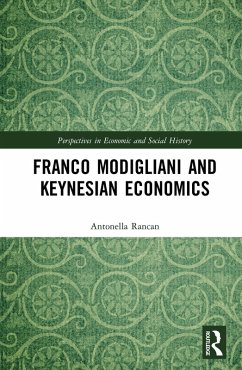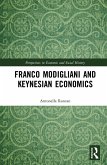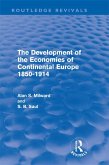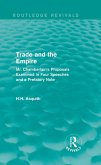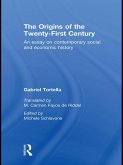Dieser Download kann aus rechtlichen Gründen nur mit Rechnungsadresse in A, B, BG, CY, CZ, D, DK, EW, E, FIN, F, GR, HR, H, IRL, I, LT, L, LR, M, NL, PL, P, R, S, SLO, SK ausgeliefert werden.
"It stands to Rancan's credit that she traces the foundations of Modigliani's Keynesian belief in discretionary economic policy as a stabilising tool to his early convictions as student and young researcher. As Rancan makes clear, it is on the terrain of empirical analysis, economic policy and value judgements, rather than on the strictly theoretical ground, that Modigliani's Keynesianism is defined."
Paolo Paesani
Review of Political Economy

